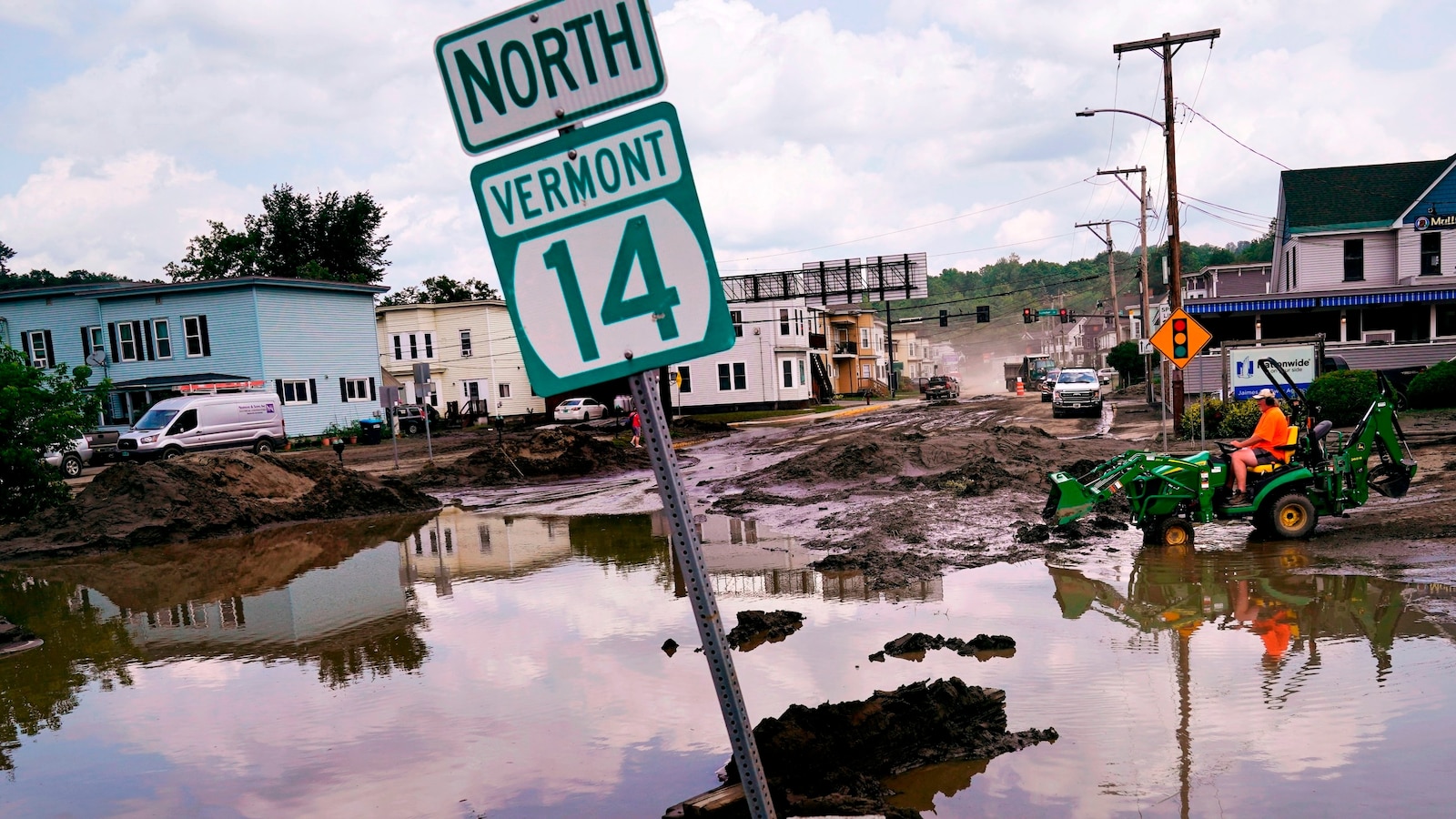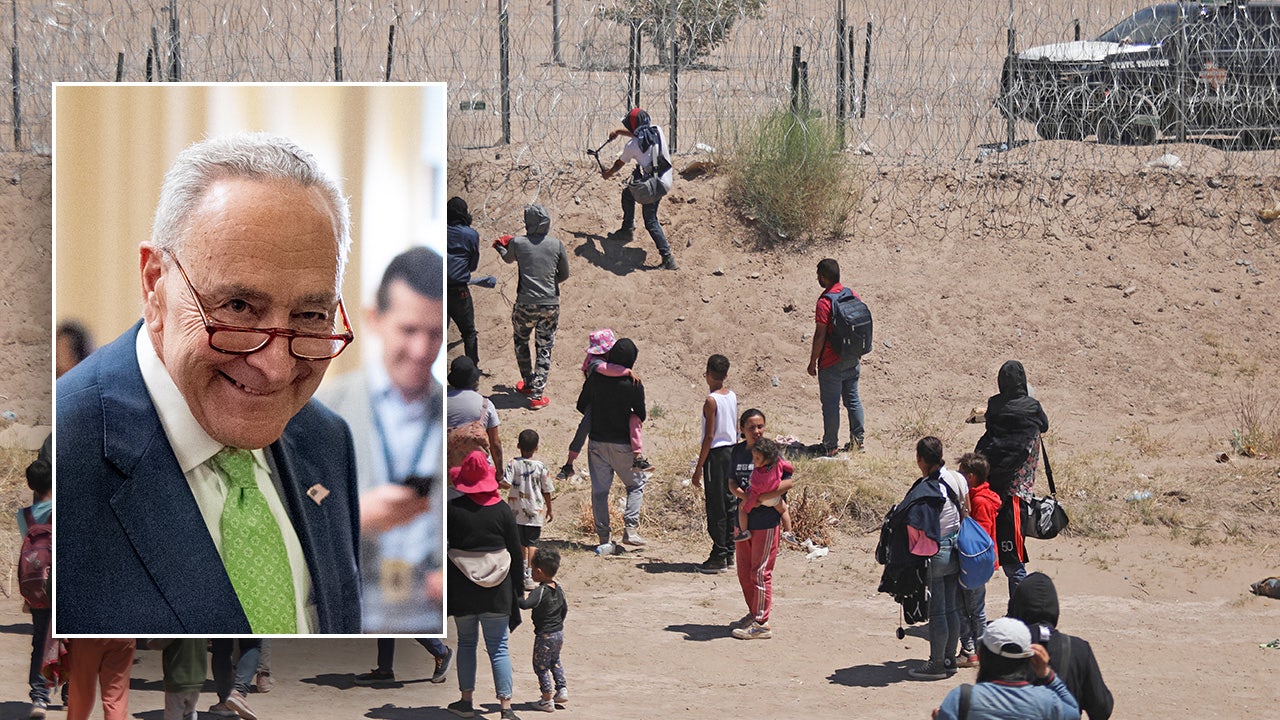A top donor to US President Joe Biden has called on him to halt arms shipments to Israel, warning that the “catastrophe” of the Israel-Hamas war has imperilled his re-election bid.
George Krupp, who expects to raise $2.5mn at a fundraiser he is co-hosting in Boston on Tuesday, urged Biden to take the issue “off the table” by suspending arms shipments to Israel.
“I think this Israel thing has been a catastrophe for him,” Krupp told the Financial Times. “I absolutely think that Biden needs to suspend arms shipments both for humanitarian and political reasons.”
The president’s stance on the war has divided Democrats across religious and generational lines. He has strongly supported Israel’s right to defend itself in response to the October 7 Hamas attacks.
On Monday he described the International Criminal Court’s application for arrest warrants against Israeli leaders as “outrageous”, adding: “We will always stand with Israel against threats to its security.”
But there has been growing criticism within the party over his failure to rein in the government of Prime Minister Benjamin Netanyahu as the death toll in its war against Hamas has soared to more than 34,000, according to Palestinian officials.
The president this month paused a shipment of bombs to Israel over Netanyahu’s refusal to rule out an invasion of the Gazan city of Rafah, but last week he approved a $1bn package of military aid to the country. In April the US vetoed of a Security Council resolution that would have granted a Palestinian state full membership of the UN.
There are fears that young voters opposed to Israel’s military offensive in Gaza could desert Biden over the issue, while pro-Israeli Democrats could turn to Donald Trump.
More than 100,000 Democrats — or 13 per cent of the total vote — in Michigan, which has a large Arab-American community, voted “uncommitted” in the March 15 Democratic presidential primary over Biden’s stance.
Krupp, who signed a letter in March along with dozens of other donors and activists expressing their concern about “the crisis in Gaza”, told the FT that Biden’s “equivocation” over the war is “hurting” his re-election campaign. He added that the president needs a clear “doctrine” that “gets Israel out of Gaza and lays out a path to a two state solution”.
Krupp’s comments came after Democratic mega donor Haim Saban criticised Biden’s decision to halt the heavy weapons shipment to Israel.
“Bad, Bad, Bad, decision, on all levels, Pls reconsider,” Saban wrote in an email to White House senior officials last week. “There are more Jewish voters, who care about Israel, than Muslim voters that care about Hamas,” he added in comments that were criticised by the Council on American-Islamic Relations and other civil rights groups. A representative for Saban declined to comment.
Democrats hope the party will unite to prevent a Trump victory. They point out that the former president called for a ban on Muslim immigrants in 2015. Biden has also been far more successful at raising funds, attracting $66mn more than Trump by the end of March.
“Donald Trump’s actions against the Muslim community as president are abhorrent,” New York Governor Kathy Hochul told the FT. “I support the president, how he’s handling this . . . [Israel needs] to eradicate Hamas but we also need to make sure the loss of innocent lives is mitigated.”
Patricia Gordon, a board member of the liberal, pro-Israel group J Street, who has hosted a fundraiser with first lady Jill Biden, said she also supported Biden’s approach to Israel and was confident that he would prevail.
“The president will always defend Israel, but recently took the difficult step to prevent the misuse of American resources in an offensive way,” Gordon said.
But with opinion polls favouring Trump, Krupp and many Democrats fear that the Gaza war could tip the balance against the president.
“I think if the election were held today, I think he’d lose,” said Krupp.
Additional reporting by Jude Webber in Dublin



































